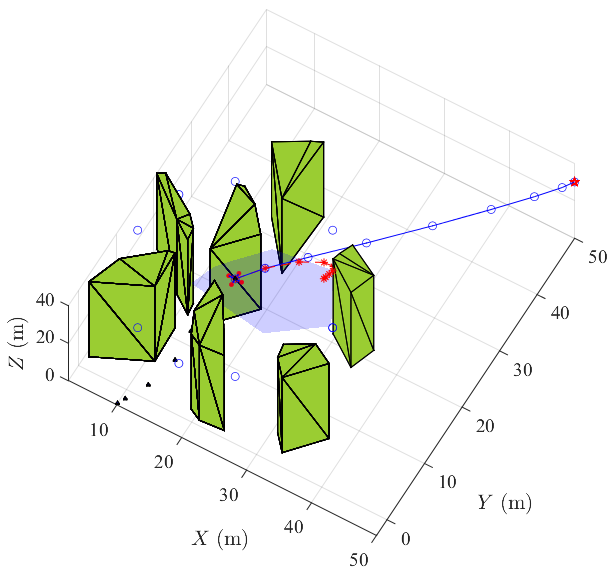Model Predictive Control
MPC is a powerful approach to cope with system constraints while optimizing a desired performance criterion, by embedding a finite-horizon, constrained optimal control problem in the controller. This control technique allows one to take into account multiple inputs and outputs, nonlinear dynamics, safety constraints, and various performance indicators in a rather intuitive way.
As a matter of fact, MPC is probably the most powerful and general advanced control approach that exists nowadays. Its main drawbacks are related to the need to solve a -possibly very complex- numerical optimization problem on-line.
In the field of MPC, the laboratory carries out theoretical research in the following directions:
- Model predictive control for autonomous and hybrid systems, trading off exploitation, exploration, and safety requirements;
- Model identification for predictive control, deriving uncertainty descriptions that are suitable for MPC;
- Adaptive model predictive control, by combining set membership identification techniques with MPC;
- Stochastic model predictive control, using scenario optimization results;
- Efficient computation in MPC, either with off-line methods (function approximation, learning) or with on-line ones (efficient tree search)

